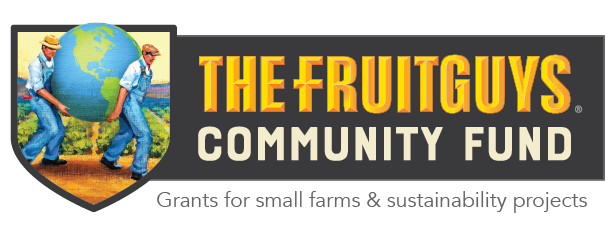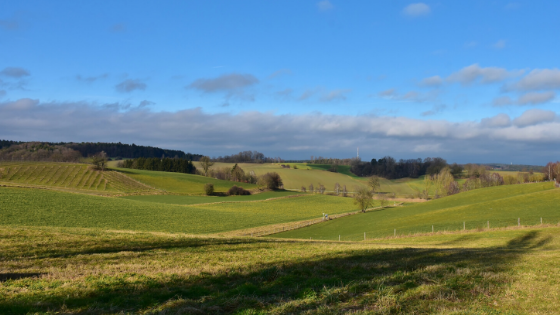
When you think about the fight against climate change, you probably consider switching to more efficient light bulbs, riding your bike to work, or maybe even buying an electric car. But one of the easiest ways to fight climate change is by supporting small farms.
In 2017, the EPA estimated that industrial farms were responsible for 9% of greenhouse gas emissions. It may seem obvious that small farms have much lower emissions than their industrial counterparts, but did you know that small farms can actually help mitigate climate change? Here are four ways small American farms are working to reduce the effects of climate change and create a healthier world for all of us.
Carbon Sequestration
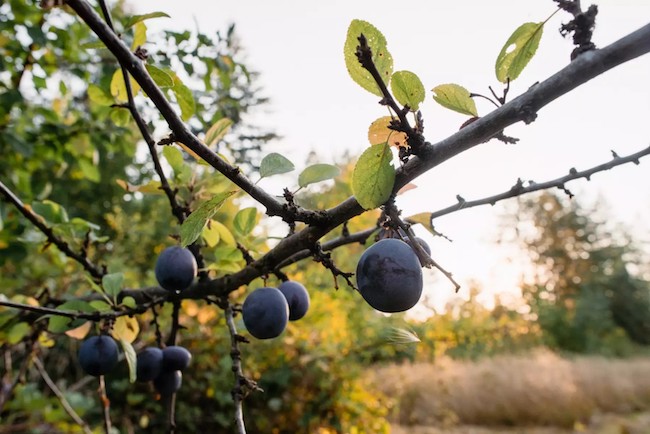
Carbon sequestration is the process of capturing carbon dioxide (CO2) from the atmosphere and storing it in plants and soil. One of the easiest ways to accomplish this is by planting trees and other perennials, which remove carbon dioxide from the atmosphere and release oxygen. They use the carbon to grow, storing it in their biomass. As they shed leaves and branches, some carbon may be released back into the atmosphere, but some of it is stored in the soil by fungi and bacteria.
Trees in particular dramatically improve the capacity of farmland to store carbon. This is one reason we love seeing small farms, like 2019 grantee DoLittle Pastures, adding fruit trees to their landscape.
Carbon sequestration, or carbon farming, can be practiced on cropland as well, as even annual crops help pull CO2 from the atmosphere. And when soil is managed well, it can then store this excess carbon, reducing its negative impacts. Good management practices include: low-till or no-till farming, using cover crops, and avoiding the use of pesticides, fungicides, and herbicides. These practices help keep soil organisms healthy and increase their ability to use and hold carbon.
Alternative Energy
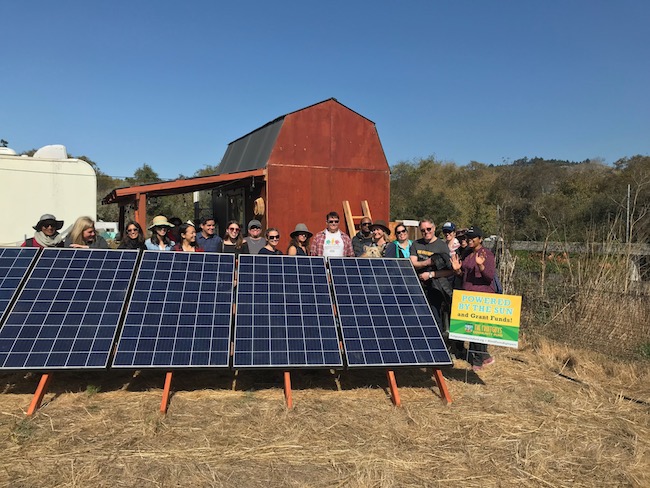
One way we support farmers in their efforts to combat climate change is by funding alternative energy projects. These help farms transition away from traditional energy sources, like fossil fuels, to more sustainable options, like solar and wind power.
In their fruitful efforts to help fight climate change, 2019 grantee Fresh Roots Farm recently completed an inspiring project, as they used their funding to convert their Allis Chalmers G fossil-fuel tractor to 48v electric. Equally exciting, in 2018, grantee Fly Girl Farm also moved toward renewable energy, using their funding to purchase a solar energy system to power their farm office, workshop, and intern housing.
Composting
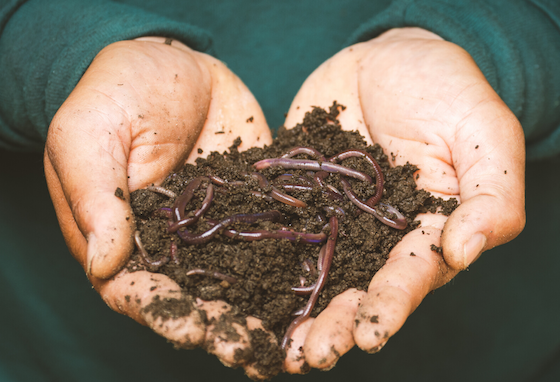
It may seem like a minor issue, but composting helps mitigate climate change, if even on a smaller scale. When food waste and other organic matter end up in landfills, they break down through the process of anaerobic decomposition. This produces methane gas, a contributor to climate change.
Alternatively, organic matter that is composted is broken down by fungi and bacteria in a process called aerobic decomposition. Unlike anaerobic decomposition, composting doesn’t produce methane. Compost also helps build healthy soil, allowing soil organisms to sequester more carbon, while reducing the need for fertilizer and aiding in the elimination of toxic emissions.
We’re proud to fund projects like the community composting program, set up by 2019 grantee Sisterland Farms.
Providing Local, Organic Food
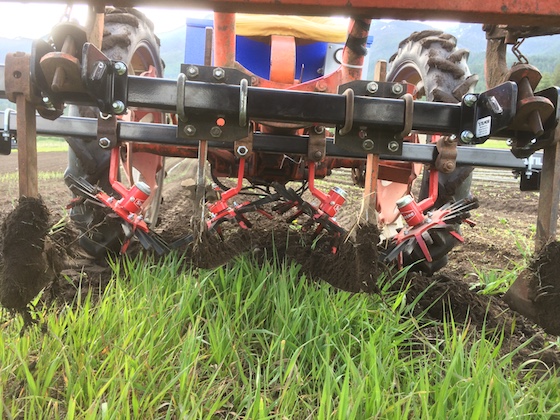
Not all food is created equal. Sustainable organic agriculture builds healthier soil that helps sequester carbon. It protects water, wildlife, workers, and even the air, as it helps prevent the negative impacts of conventional chemical inputs, like pesticides.
Buying local also makes a big difference. It’s estimated that the average plate of American food travels 1500 miles before being eaten! When you eat locally, you eliminate some of those many miles of transportation-related emissions.
At The FruitGuys Community Fund, we believe in the power of small American farms. Supporting these non-industrial farms allows them to better their communities and the planet. So, think small and make a big impact, as we help fight climate change together!
